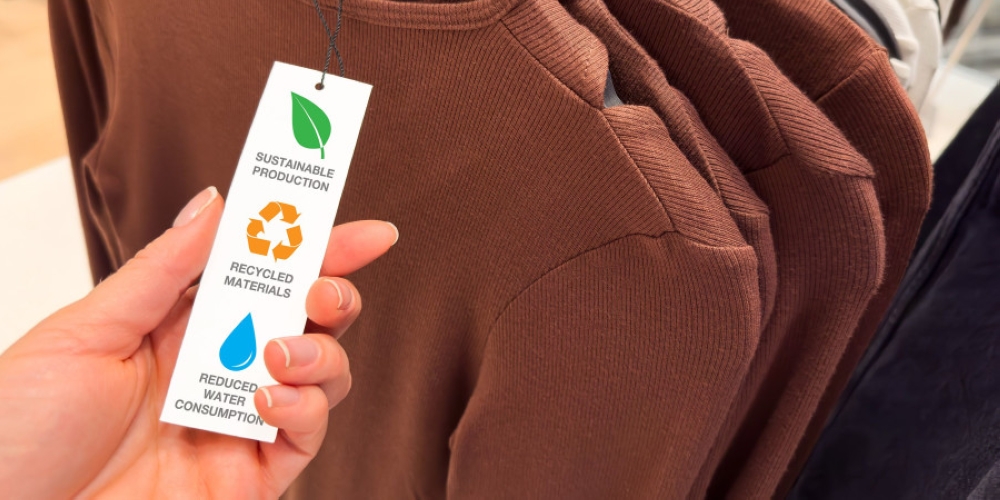AUGUST 29 — Today, the meaning of our National Day goes beyond freedom from colonial rule. It is about the liberty to shape a future that is more sustainable, healthier, and more prosperous for all Malaysians.
This is where the bioeconomy plays a vital role. By harnessing our own natural resources – from plants and animals to microorganisms – and processing them here at home, we create high-value products and services that benefit our people.
In doing so, we reduce dependence on costly imports and generate wealth from within our own borders.
For the past 20 years, Malaysian Bioeconomy Development Corporation (Bioeconomy Corporation) has championed this mission under the Ministry of Science, Technology and Innovation (Mosti). We provide facilitation, support, and guidance to advance Malaysia’s biotechnology and bio-based industries.
Over time, the concept of the circular bioeconomy has become central to our efforts, forming one of the key pillars under the National Biotechnology Policy 2.0. By turning agricultural residues and food by-products into valuable goods, we cut waste, create new income streams, and generate environmental solutions.
This is why Bioeconomy Corporation is proactively driving the circular bioeconomy: transforming waste into wealth through bio-based innovations.
If in the past we fought for independence, today our challenge is freedom from pollution, climate change, and unsustainable practices. Our ancestors already practiced this wisdom by reusing and respecting resources long before modern terminology defined it.
Examples of this spirit are everywhere, embodied by bio-based and biotechnology companies supported through Bioeconomy Corporation’s Bio-based Accelerator (BBA) and BioNexus Status programmes.
In Sarawak, a BBA company inspired by a grandmother’s tradition of making salt from nipa palm fronds now produces two premium nipah-based products: apong sugar from the sap and low-sodium salt from its by-products.

Converting local plants, animals and microbes that would otherwise have been discarded as waste into new products helps cut imports and grow Malaysia’s own wealth. — Picture courtesy of grinvalds / Getty Images via ETX Studio
In Kedah, farmers sell rice straw to a BioNexus Status company that transforms it into biodegradable packaging while helping reduce open burning.
And in Sabah, another bio-based company empowers farmers through sustainable seaweed cultivation, buying back their harvest and processing it into high value agriculture products.
These efforts don’t just drive sustainability – they also create job opportunities and boost incomes, helping to uplift the livelihoods of local communities.
The circular bioeconomy also opens career paths beyond science, extending into entrepreneurship, product design, marketing, and production – all driven by innovation.
A clear example is a startup from our BBA programme which, after being awarded BioNexus Status and receiving crucial certification and consultation, now produces bio-leather and organic textile additives used by global fashion brands.
These stories prove that the circular bioeconomy is not abstract. It is already shaping our communities, creating income, reducing pollution, and even reaching international markets — showcasing Malaysian innovation to the world.
As Bioeconomy Corporation marks its 20th anniversary this year alongside our National Day, we invite all Malaysians to be part of this journey.
Support local bio-based entrepreneurs, nurture young Science, Technology and Innovation (STI) talent, and choose a sustainable lifestyle.
Small steps lead to big change. The true spirit of freedom today lies in building resilience and opportunities for future generations. This is the essence of Bioeconomy for All.
* Mohd Khairul Fidzal Abdul Razak is chief executive officer of Malaysian Bioeconomy Development Corporation (Bioeconomy Corporation).
* This is the personal opinion of the writer or publication and does not necessarily represent the views of Malay Mail.






